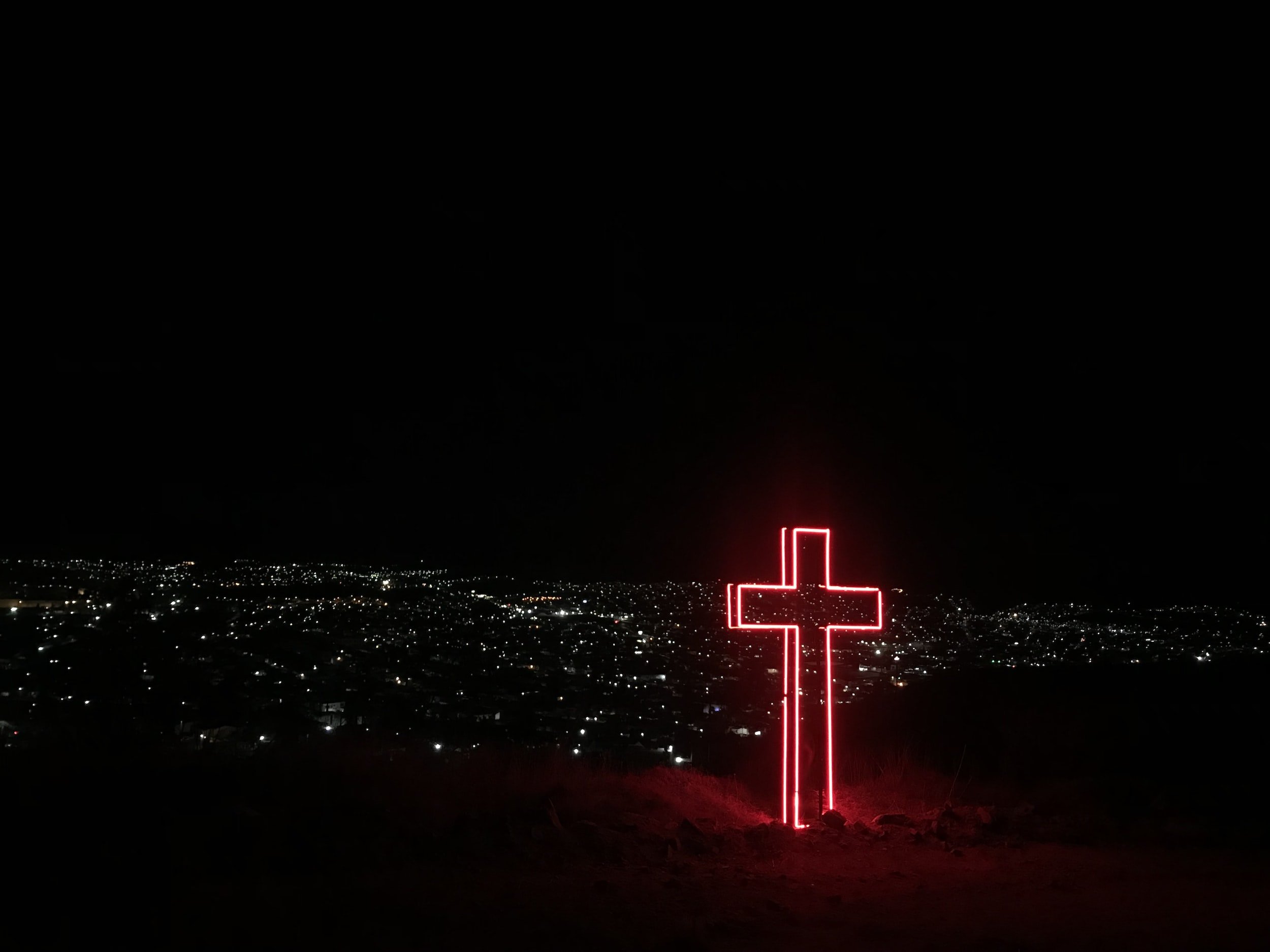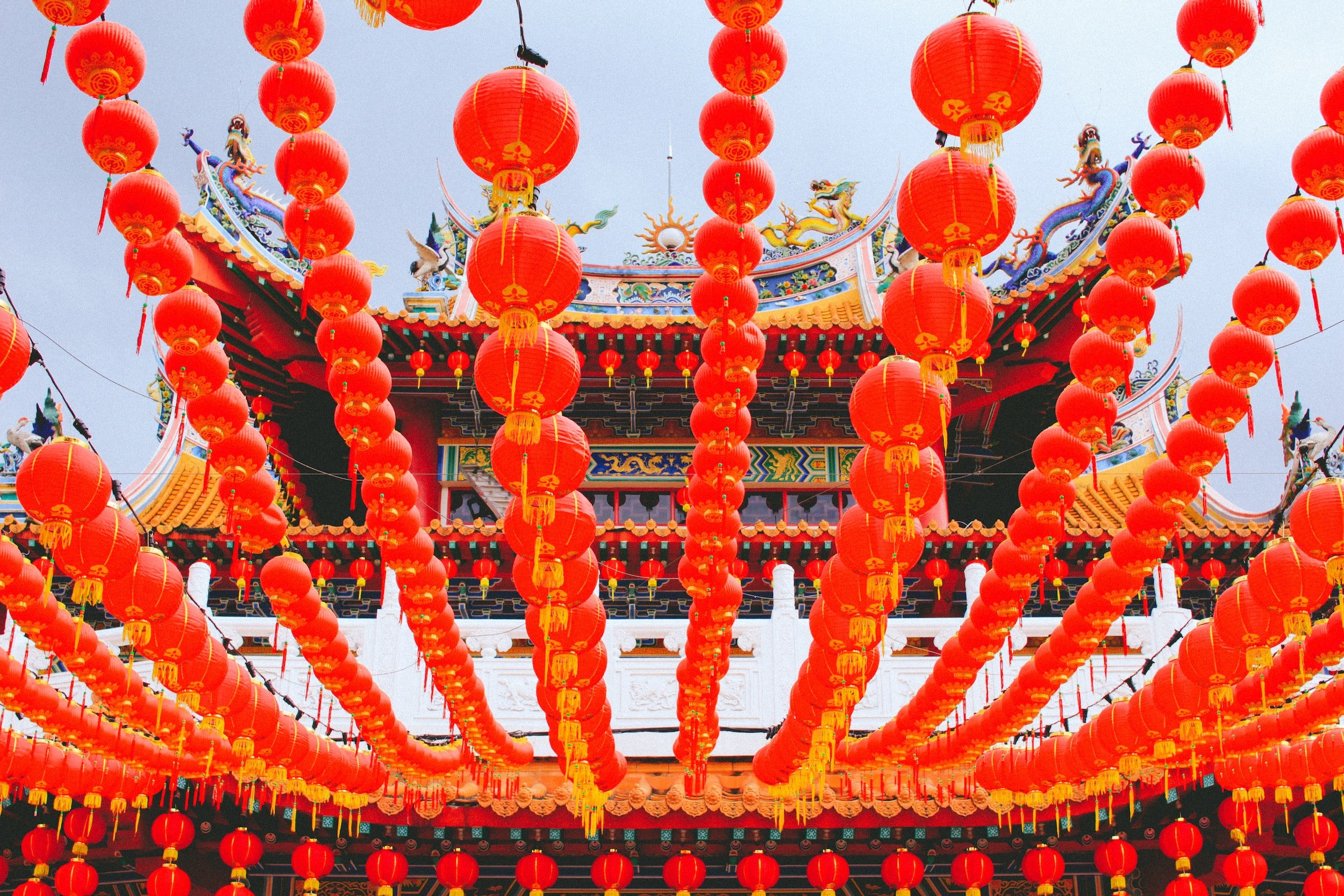
Savior, like a shepherd lead us,
Much we need Thy tender care.
Many metaphors spring to mind when discussing church leadership. None, perhaps, are more apt than that of sheep in need of a shepherd. Christ is the church’s ultimate shepherd, yes; but in this earthly life, pastors and elders represent Jesus himself, overseeing, shepherding, and guiding his flock.
In September, China Partnership has been praying for and sharing about leadership within the Chinese church. As a pastor’s wife and a member of a local body, spiritual leadership is of great personal interest to me. Looking to China—where Christian faith is in its teenage years, idealistic and growing like a weed—is helpful. Their failures, triumphs, and struggles help me to see the traps into which I and the Western church so easily fall.
Below, I list just a few of the things I’m holding onto from this month’s blog pieces.
Never miss a story
A theology of the risen, reigning Christ grants present power
>
”“When difficult times come—and they will!—I must remember that Christ is already king, and live in his present power, especially when I am powerless in the face of earthly opponents. If that means I must lay down my desires or even my life to attest and submit to Christ’s ultimate kingship, then so be it.”Never miss a story
Sign up to receive our weekly email with our original articles.
Christ died; Christ rose; Christ reigns right now. I have been taught to focus on “already-not yet” theology: Jesus is already victorious over sin and death, but we do not yet experience the full fruits of that victory. This explains the sin and difficulty among which we live, and that causes believers to long for heaven, when at last all the hurt will be healed and mended. While this is true, the Chinese church reminds me that the “already” of this pithy saying is the part that does the work: Christ is presently reigning in heaven, and his reign there is for all of time. Ministry veteran Muxi Zhang reminds us to remember Stephen, who, when facing death at the hands of the council in Jerusalem, lifted his eyes to the heavens and focused on the simultaneous reality of the heavenly kingdom, where Christ is already seated on the throne.
“Only by this power can we face persecution and be willing to give our life for Christ,” Zhang said. “The reality of God’s reign and Christ as the true and real king controls you so you can live here, now. Both the visible and the invisible kingdom are real, but only Christ’s kingdom is eternal.”
When difficult times come—and they will!—I must remember that Christ is already king, and live in his present power, especially when I am powerless in the face of earthly opponents. If that means I must lay down my desires or even my life to attest and submit to Christ’s ultimate kingship, then so be it.
Pressure from without is a gift
The church is not defined by her difficulties. Instead, pressure and pruning are God’s good and gracious means of shaping his church into his radiant bride. Zhang again shares what the house church is thinking: “This is a time [for pastors] to reflect on their calling and where the power is from. Based on that, they decide how they are going to be a church… Dependence is the perfect time to live out the reality of the early church: which king is the true king?…In this new reality, God will do things. I think it’s an even better situation.”
>
”“While everyone would prefer to live in a society that applauds our belief system, pressures that cause us to examine our allegiances are, ultimately, used by God for the greater good of his people. Socrates said that the unexamined life is not worth living; in this vein, perhaps we should rejoice instead of despair when we are granted the opportunity to more deeply examine our faith and consider the implications of following Christ.”
In China, the Lord is using the trials and fears of pastors and church members to call his people to depend on him more fully, to trust him more deeply, and to walk with him more closely. As for me, if others judge me because of my faith, that is within God’s mercy toward his beloved child. While everyone (I include both Chinese and Western Christians) would prefer to live in a society that applauds our belief system, pressures that cause us to examine our allegiances are, ultimately, used by God for the greater good of his people. Socrates said that the unexamined life is not worth living; in this vein, perhaps we should rejoice instead of despair when we are granted the opportunity to more deeply examine our faith and consider the implications of following Christ.
Toxic leadership
I was raised in the church, and have spent most of my adult life working in missions and ministry. I have experienced firsthand leadership and even abuse, and have also myself been a part of perpetuating hurt and harm. Toxic spiritual leadership has been a watchword in the Christian community in recent years. Two leaders who have firsthand experience with the church in China reminded me this month that this sort of leadership system is not a uniquely American problem.
Seymour, a former missionary, wrote: “Local believers…face not only political and social pressure, some even face abusive church and ministry leaders. The problem isn’t characterized by or limited to geography or circumstance. We in the West experience similar things in our churches and ministries, too. Power and authority belong to Christ alone, and when his people attempt to wield it on their own terms, the results are often disastrous. But God’s gift to his flock are leaders who know him first as a sheep, and thus have the capacity to look and act like our great and gracious shepherd.”
There is no quick fix, but instead we lean on the Lord, who himself is the Good Shepherd, and who will lead, protect, and defend his sheep. I close with the words of Muxi Zhang, who said: “Even under persecution, there are many different ways we can slowly be tempted to worship something other than the Lord. We need to live in a community that reminds us of this. In China, the environment [of external pressure] can help, but still, the battleground is in our hearts.”
E.F. Gregory is a mom of three young children. She lives in the San Gabriel Valley on the border of East Los Angeles, where her husband is a P.C.A. church planter.
FOR PRAYER AND REFLECTION
Pray that the Lord will today help you to rejoice in his reign; to rest even in difficulty; and to humble your own heart before him, the Great Shepherd.



































